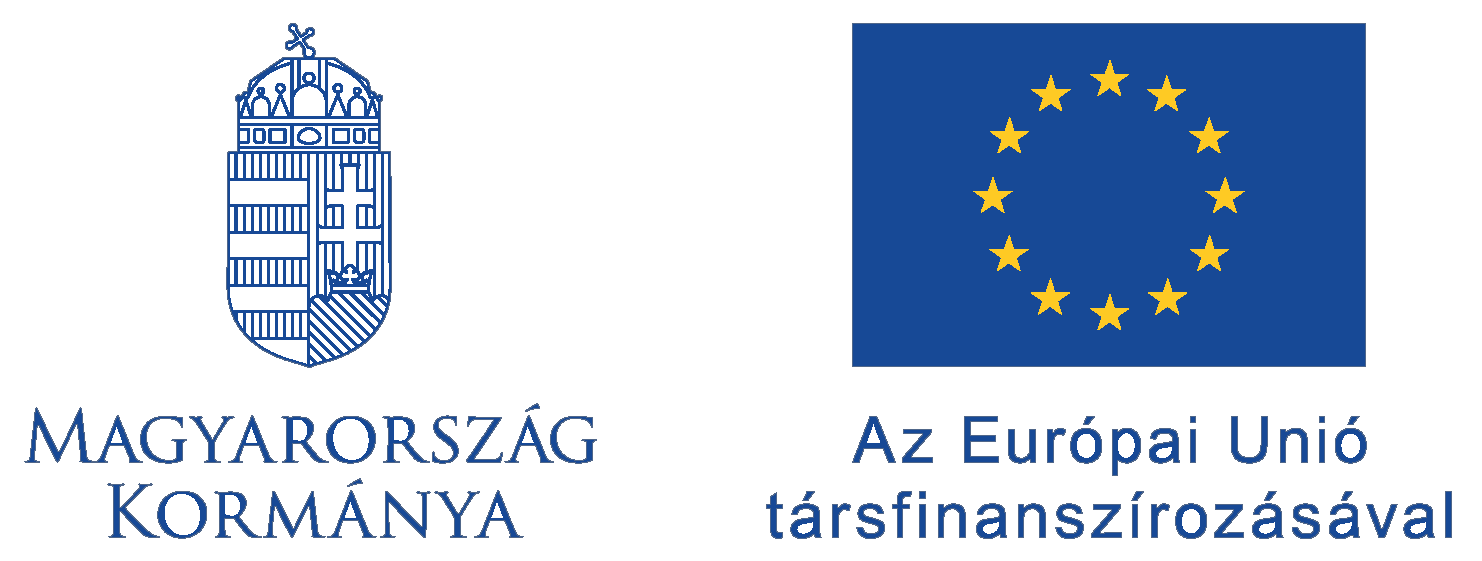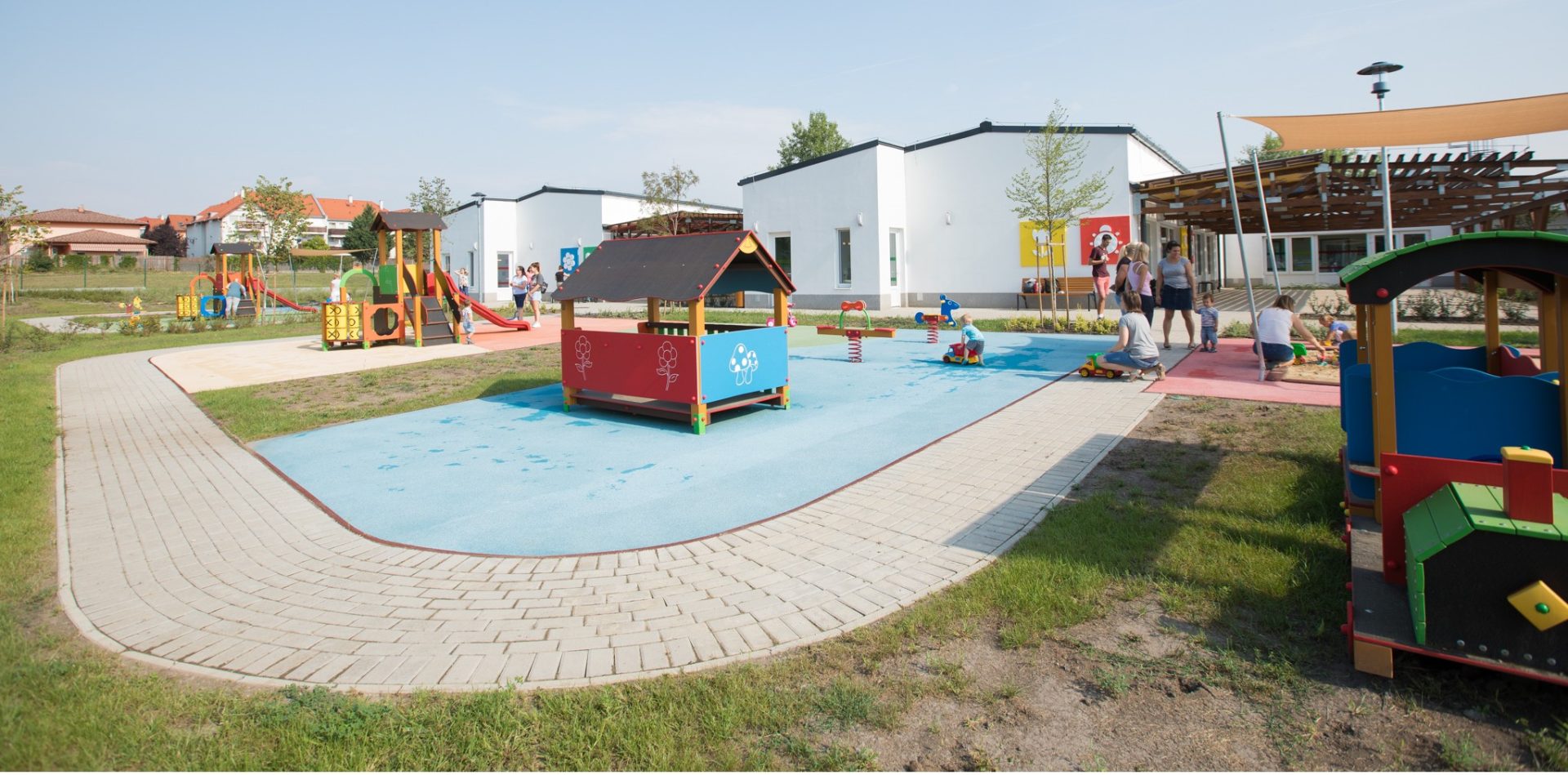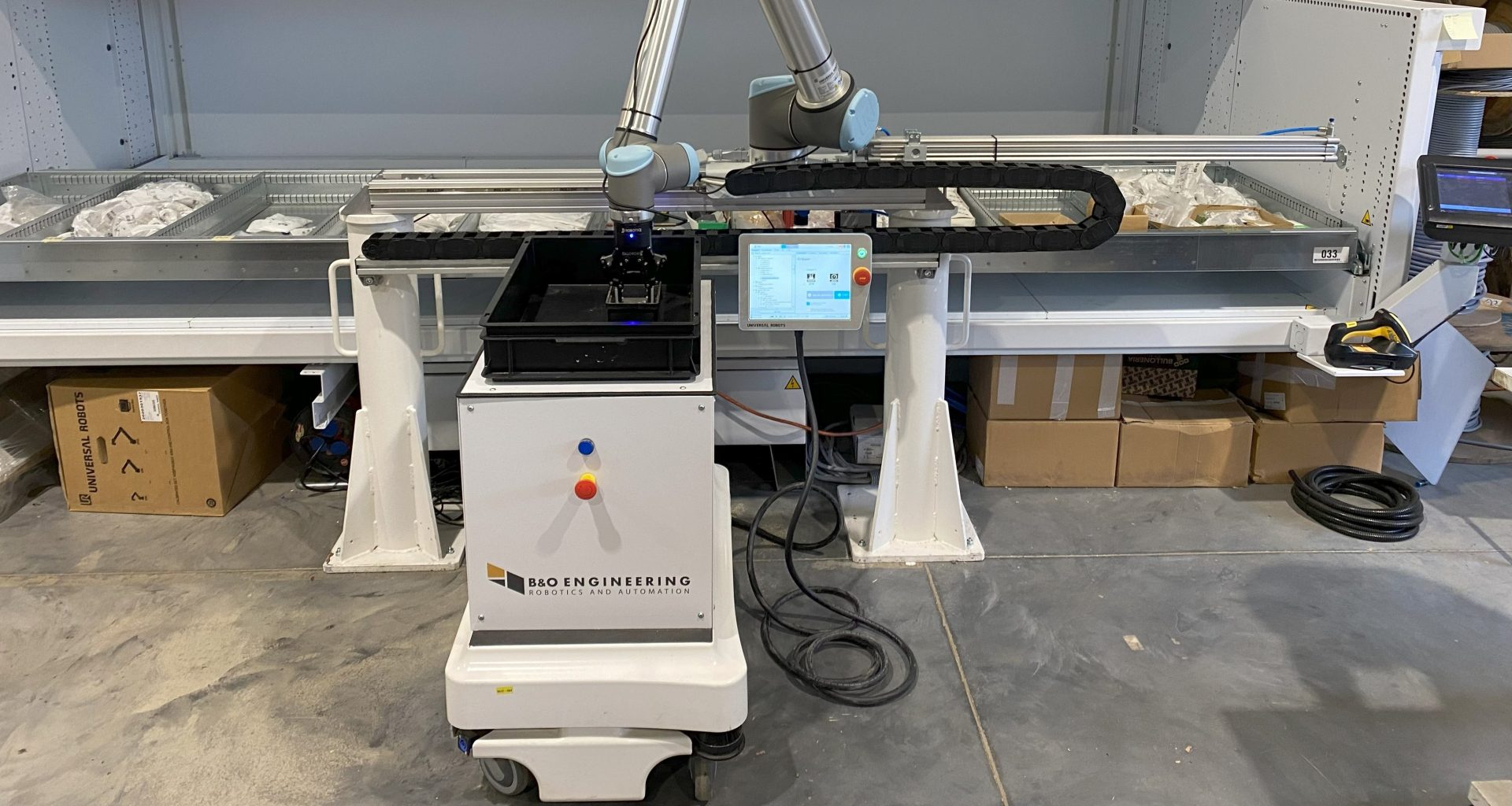The Pillar project “Expanding and developing labour supply”, funded by the Economic Development and Innovation Operational Programme Plus, was officially launched on 4 December with a conference on Addressing demographic challenges by mobilising disadvantaged groups.
The Operations of Strategic Importance (OSIs), more commonly known as Pillars, for the 2021-27 programming period aim to give greater visibility to EU funding, by giving citizens a broader picture of the results achieved. In the 2021-27 programming period, all operational programmes will have Pillars. One of the most significant employment Pillars of EDIOP Plus is the Expanding and developing labour supply project, which with a budget of HUF 150 billion aims to attract around 76,900 people, including 50,00 disadvantaged inactive jobseekers.
The project will provide a significant amount of support to jobseekers who are undergoing training to help them find a job. To help Hungary reach its full employment level, a labour market programme was launched in May, with a particular focus on the long-term unemployed, the over-50s and those with low educational qualifications. The results are in, and it’s clear that the programme is working. Over 12,000 people have found jobs, reduced their travel and housing costs, and received training. The total contribution in six months was around HUF 14 billion. The goal of the activation policy is to get people of working age back into the labour market, out of the benefit system and into work. The National Employment Service also helps disadvantaged groups integrate and reintegrate into the labour market by combating all forms of discrimination in the labour market.
In terms of employment levels, Hungary has made huge strides since joining the EU, thanks to EU-funded employment programmes. We need to make sure that developments are more responsive to the different needs of the regions. That’s why 65% of cohesion funding in the 2021-27 programming period will be concentrated on the four most disadvantaged regions. On top of that, the NRC will focus even more than it did in the Széchenyi 2020 development period on increasing the amount of training needed by the economy, making the existing workforce more adaptable and training and preparing the shrinking labour pool. These programmes are seen as a good investment for the future, and it is therefore planned to use nearly 460 billion for this purpose, largely through the employment policy institutional framework.








